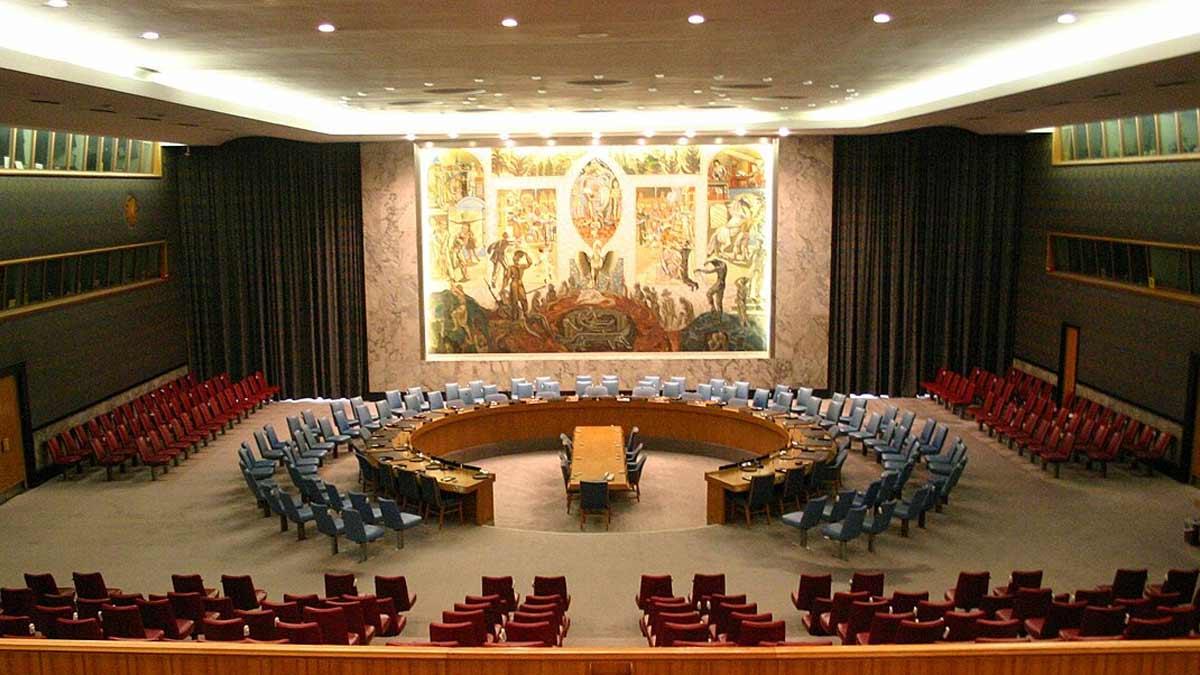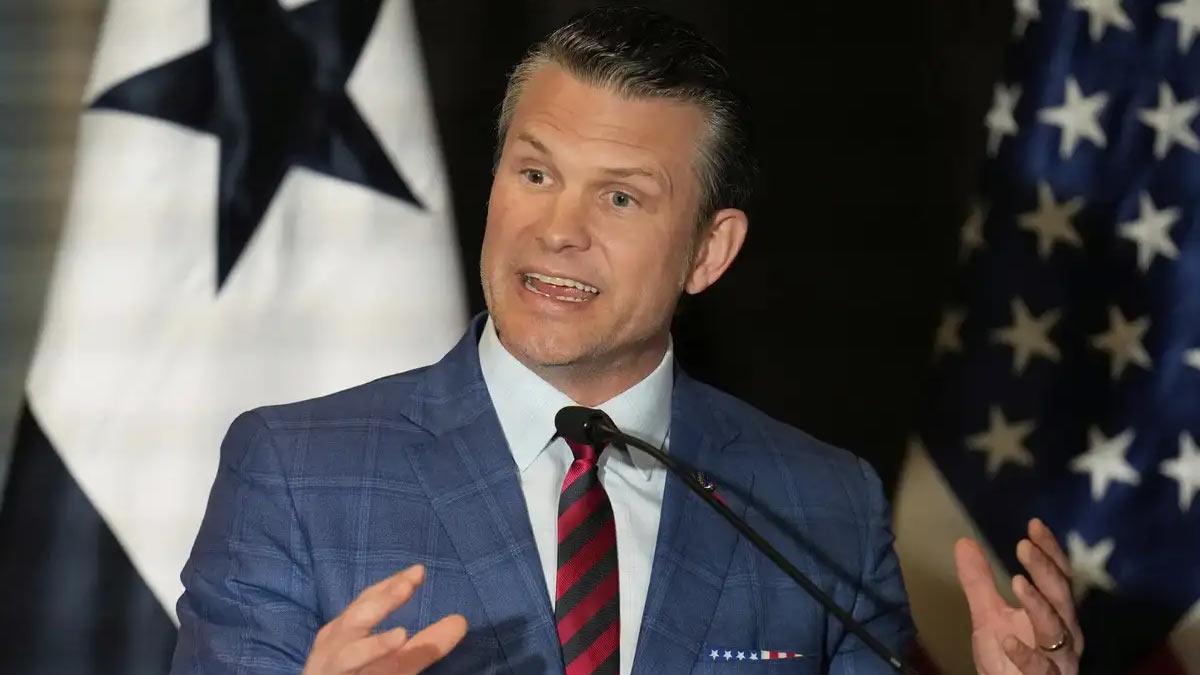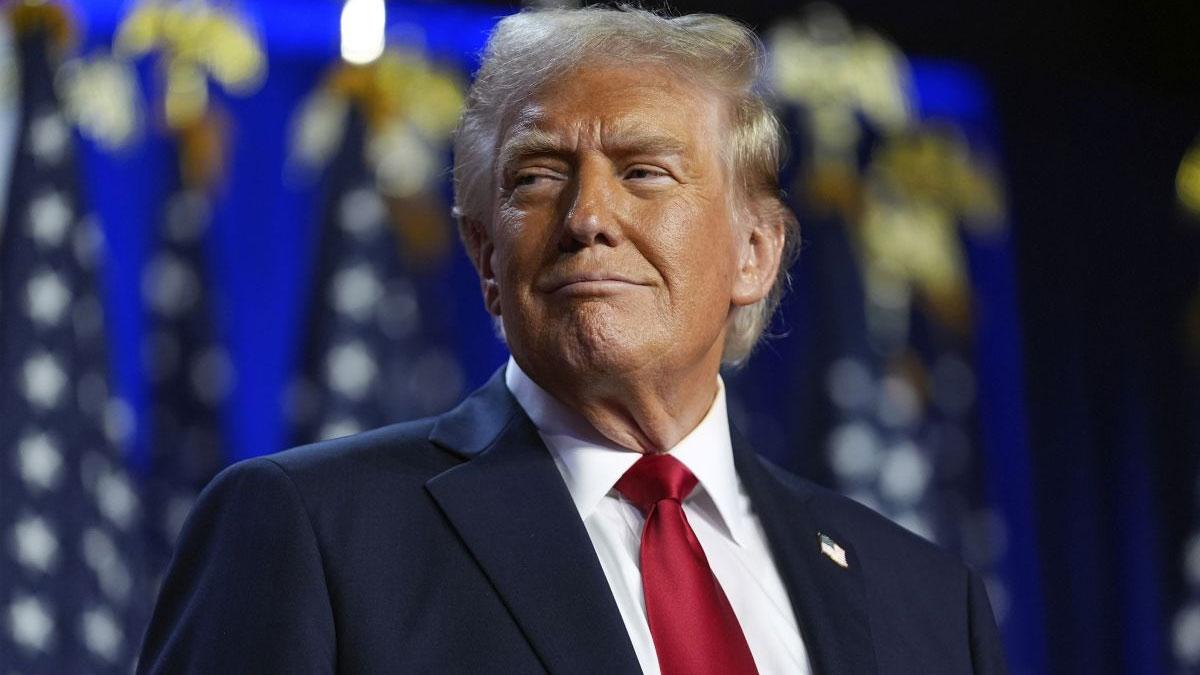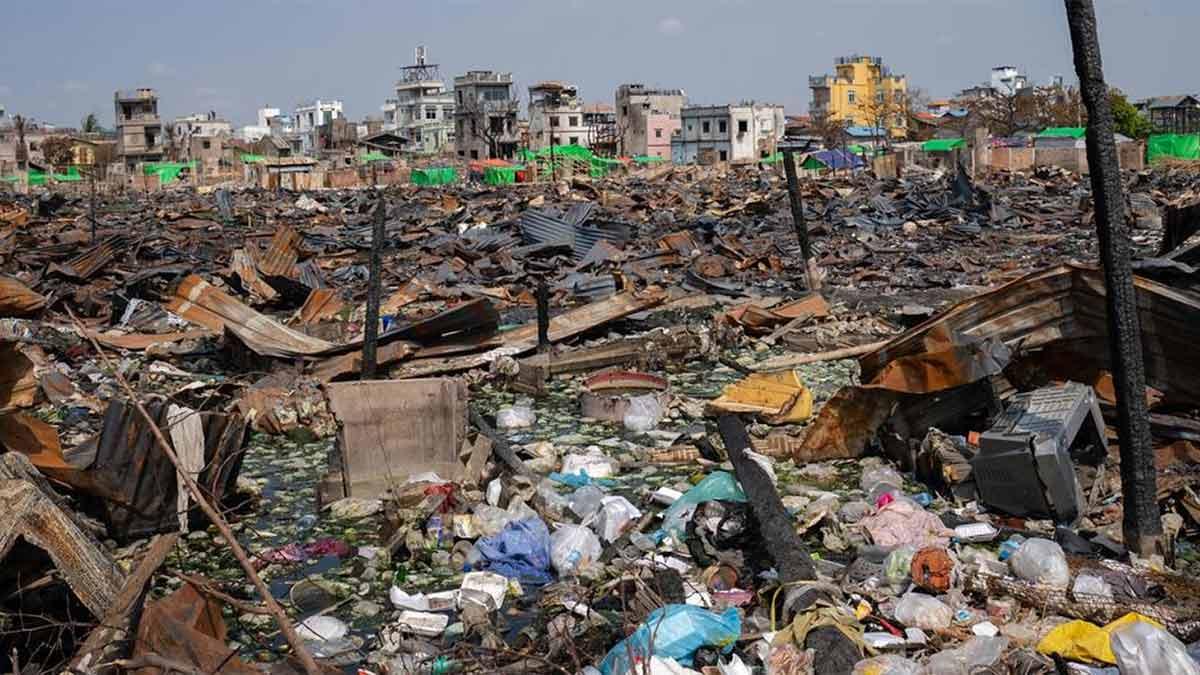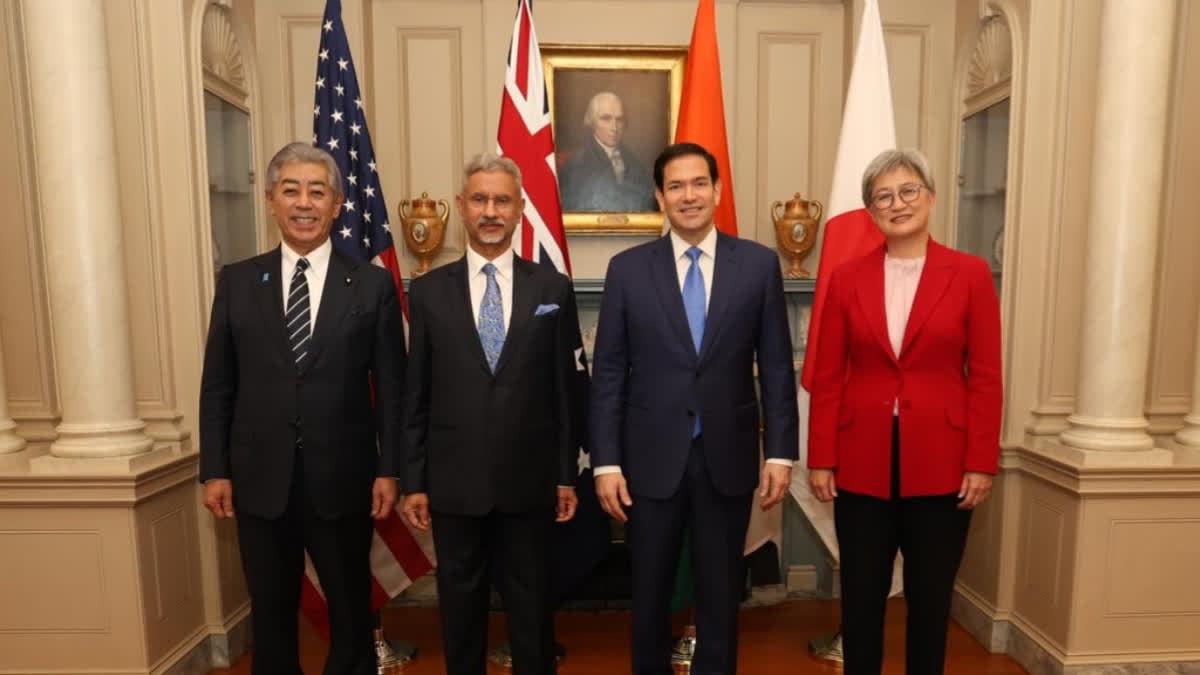India said that the 'Pact of the Future', adopted by consensus by world leaders here last month, "falls short" in capturing views expressed by a majority of UN member states calling for Security Council expansion and beginning text-based negotiations on reform within a fixed time frame.
It hosted the landmark Summit of the Future during its high-level General Assembly session in September when world leaders adopted by consensus the 'Pact of the Future'.
India's permanent representative to the UN, Ambassador P. Harish addressed the 79th Session of the UN General Assembly on 'Strengthening of the United Nations system', said that India would have liked to see a "more ambitious" chapter five, referring to the pact's chapter on "transforming global governance," which comprises language on reform of the UN Security Council.
Delhi remains of the view that the input of the Inter-Governmental Negotiations on the Summit of the Future "did not go far enough in addressing the critical issues related to UN Security Council reforms and expansion.".
We wish the views expressed by the majority of the UN member states had been clearly captured - in particular with regard to the expansion of UNSC in both permanent and non-permanent categories and beginning text-based negotiations within a fixed time frame. On this aspect, the Pact definitely falls short, " Harish said.
The Covenant states that the Security Council should be expanded so it could more appropriately be representative of the modern UN membership and reflective of the world as it is today.
This Pact with the UN entering into the eighties next year underlines the urgency for reforms in global institutions. This is a pathway of action to the agendas for Sustainable Development Goals, climate action, artificial intelligence usage among other issues. It however does not give timelines for when such actions should be accomplished on these goals.
Harish said that reform is relevance, as cited by Prime Minister Narendra Modi in his speech to the Summit of the Future.
India said it was commendable that significant progress has been achieved in the language on reform of international financial architecture, but much has to be done to strengthen participation of developing countries in international financial institutions and to urgently and effectively address debt vulnerabilities.
He said that in this context, both the G20 New Delhi Leaders Declaration and the Pact for the future converge on key principles, such as making the international financial system more inclusive, sustainable, and resilient, while advocating for stronger, more democratic global financial institutions.
India welcomed also the open statement for condemnation of terror in the Pact, though it remains still a serious concern for world peace and security, whereas the new fields of operation on cyber, maritime, and space are opening. "As for this, we would like to emphasize that Global Action must now match Global Ambition," Harish said.
Underlining that the world with its challenges and opportunities has moved so vastly, Harish said it is essential that UN becomes the central platform for finding common ground and a way forward through reformed multilateralism.
Hence, an effective and fit-for-purpose UN, much more representative of our world today, is much needed. So, the Pact and its annexes become a point for departure and a means to an end as we go together in our collective effort to change the world into a better place. The Pact had annexes that included a Global Digital Compact and a Declaration on Future Generations.
In the General Assembly, he said, India had engaged actively and constructively in the year-and-half-long consultations on the action-oriented document of the Pact of the Future.
"Under the vision of 'Vaisudhaiva Kutumbakam' or 'the World is One Family,' we made flesh to this Pact by making it more human-centric and amplifying the voice of the Global South," says Harish. According to him, India's approach to the Pact has been aligned with its broader vision of inclusive and sustainable development, encapsulated in the 'Viksit Bharat @2047' initiative to realize the goal of a prosperous India.
"While prioritizing sustainable development, we tried to ensure that human welfare, food security, health security, energy security and climate finance are also addressed. Evasion of climate action responsibilities by the developed undermines the growth prospects of the developing," he said.
He further said that India supports global digital governance, which enables national sovereignty and integrity. India foresees a holistic framework for development, deployment, and governance of Digital Public Infrastructure (DPI) through an open and inclusive process.
"DPI should be a bridge, not a barrier! We are pleased to see that the Global Digital Compact attempts to address this," said Harish.
Read also| Islamabad on Edge as PTI Protests Continue Amid Uncertainty Over KP CM's Whereabouts

